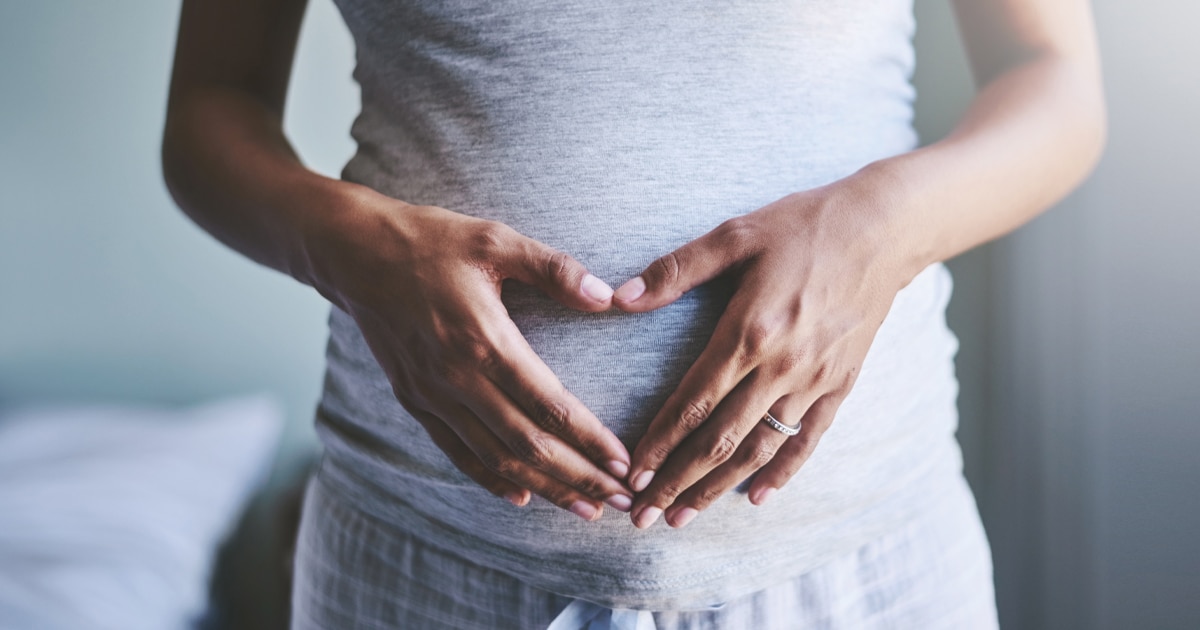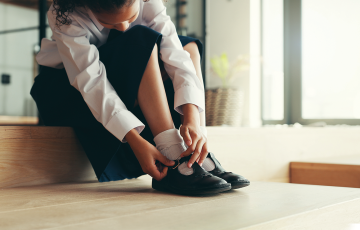5 Ways to feel better in your first trimester

Pregnancy brings about many changes in your body. Together with the ‘YOH! I’m pregnant!’, getting some of the symptoms can be quite challenging. We look at those that might be troublesome in the first trimester.
MORNING SICKNESS
Nausea, with or without vomiting, is very common in the first trimester, affecting about 85% of pregnant women. Although it’s most common on waking (hence the name ‘morning sickness’), it can occur at any time of day. Strong odours, even what you used to consider a pleasant smell (eg meat cooking), can set it off.
Tips to cope: Avoid having an empty stomach by eating small meals and drinking water frequently. Snack on dry crackers and avoid oily, spicy or fried food. Ginger is excellent for nausea – sip ginger ale (not ginger beer), or make ginger tea by adding boiling water to a few slices of fresh ginger as your first drink of the day.
TENDER BREASTS
Sore and swollen breasts are one of the earliest symptoms. Your milk ducts get the message to prepare for feeding your baby, so they need to grow. Breast tenderness may last for the whole first trimester.
Tips to cope: Buy a support bra in a bigger size to make you feel more comfortable.
FATIGUE
Even in the early stages of pregnancy you might feel surprisingly exhausted. Your body is working hard to support your baby, needing to increase blood flow and grow the placenta, the organ which supplies the baby with nutrients and oxygen. High levels of the hormone progesterone can also make you extremely tired.
Tips to cope: Try to rest as much as you can. If you can’t take a nap because you’re at work, avoid having a busy lunch break. Gentle exercise might increase your energy level. Lack of iron can also cause exhaustion – your doctor will probably check your blood iron levels and suggest an iron supplement if necessary.
“Ginger is excellent for nausea – sip ginger ale (not ginger beer) or tea”
CONSTIPATION
Progesterone is to blame here as well! It slows down food digestion, which can cause bowel problems. Iron supplements can also be constipating.
Tips to cope: Drink plenty of water and eat high-fibre foods like oats, fruit and vegetables, brown rice and legumes (beans and lentils). The water is most important because increasing fibre without fluids will only make constipation worse.

MOOD SWINGS
Symptoms aren’t only physical. Changing hormones can affect your emotions, swinging from feeling great joy to extremely miserable in seconds. You might get tearful or irritable about ‘little things’ that wouldn’t previously have worried you at all. Anxiety about whether your baby is okay or how you’ll balance work and motherhood are absolutely normal, but don’t let these feelings overwhelm you.
Tips to cope: Be honest with your partner about how you’re feeling, or chat to a family member or trusted friend. Be gentle with yourself and don’t compare yourself with others – or with how you coped with a previous pregnancy. Each pregnancy is unique so enjoy the special moments of this one.
SERIOUS SYMPTOMS
Seek medical advice if you experience:
- Heavy bleeding (‘spotting’ or light bleeding is normal and experienced by about 25% of women).
- Fever – may be a sign of infection that could harm your baby.
- Pain on passing urine – needing to urinate more often is normal but pain or burning may be signs of a urinary tract infection.
![]() JET CLUB HELPLINES
JET CLUB HELPLINES
PERSONAL HEALTH ADVISER
For free advice on any aspect of pregnancy or childbirth, call
SA & Namibia
0800 0045 45
Botswana, Lesotho & Swaziland
+2711 991 8258
Related articles

Latest Jet club magazine
We’ve got the latest trends, exciting prizes and exclusive savings just for you!
Jet Club will not pass your details to anyone else. By clicking the subscribe button you confirm you have read and agree to the Jet Club Terms and conditions and Jet Club Privacy Statement.
Subscribe

